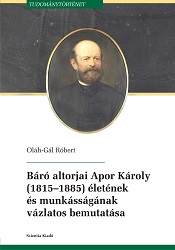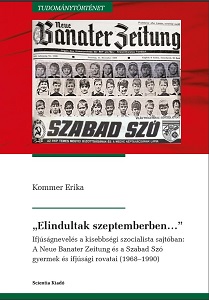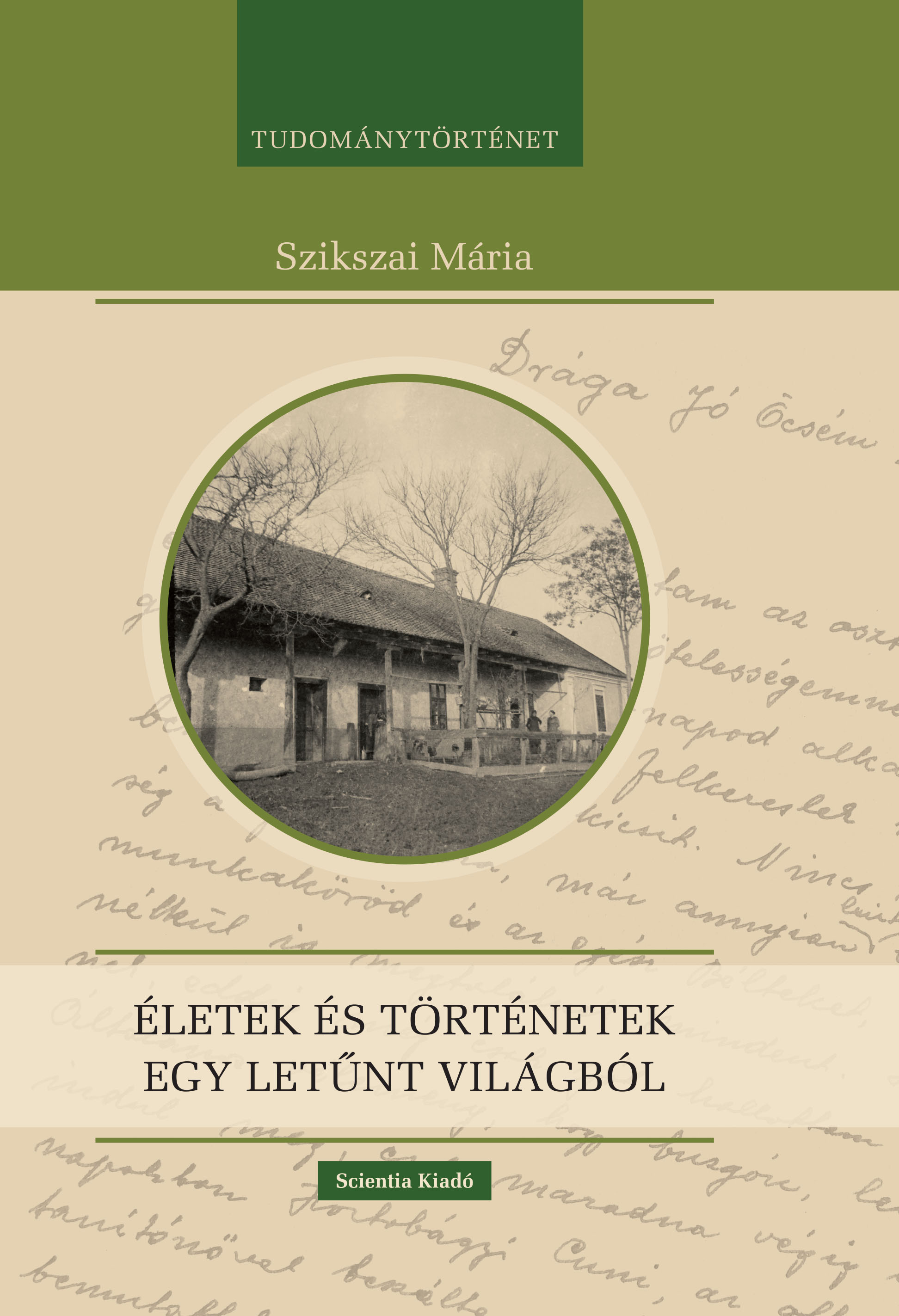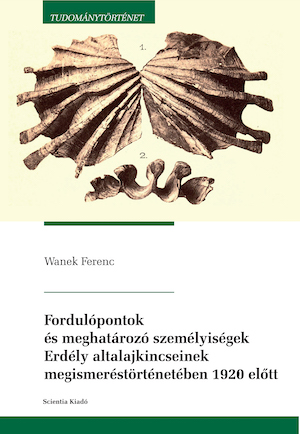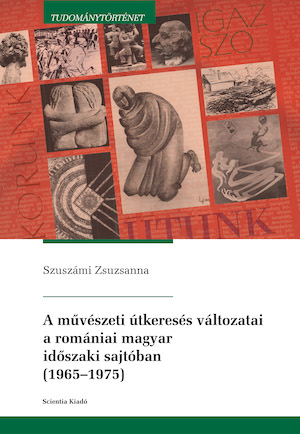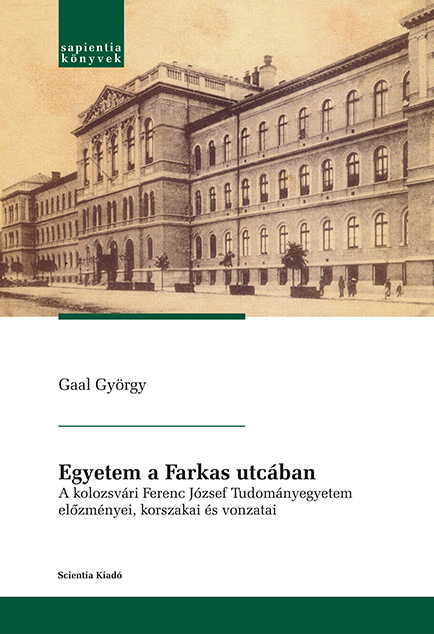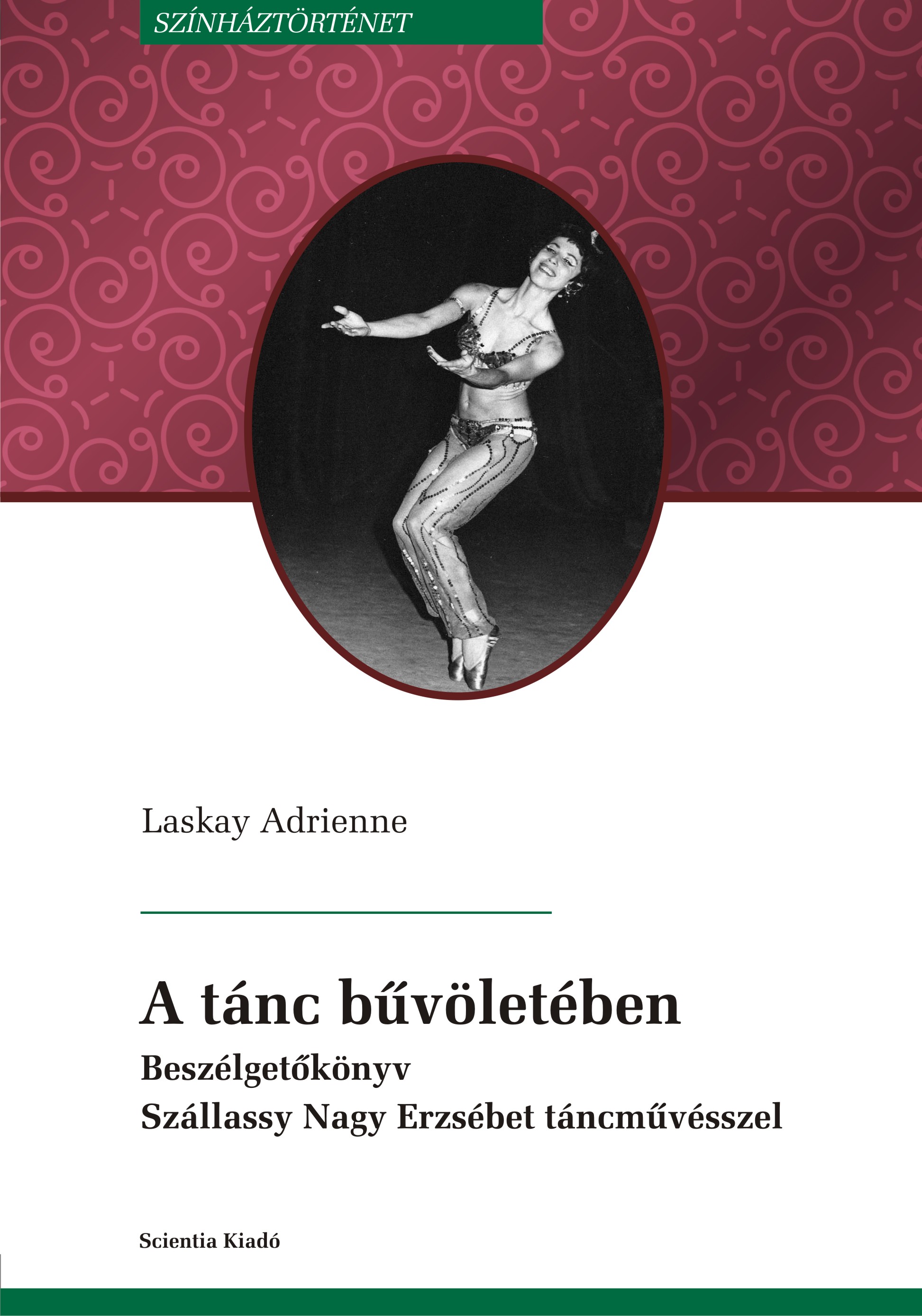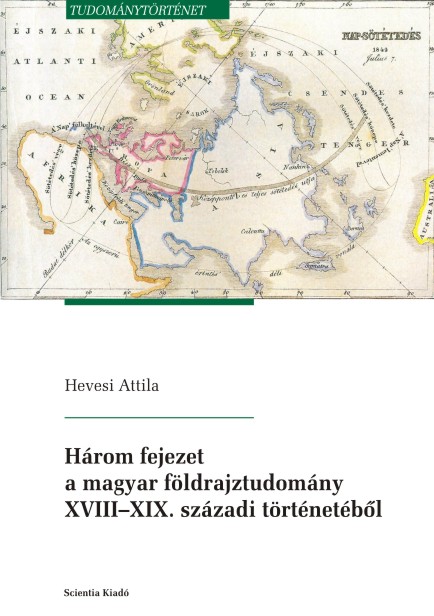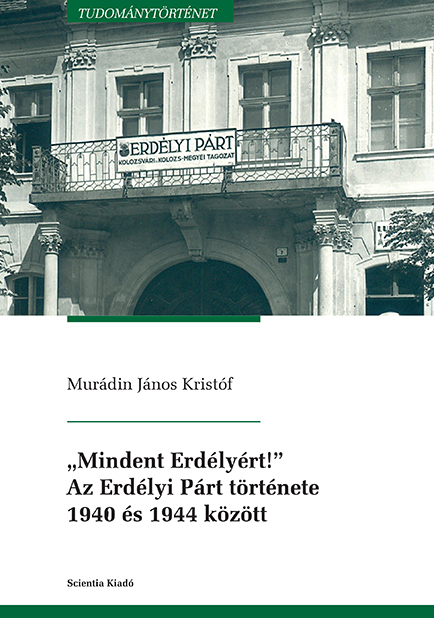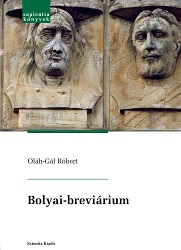
Bolyai Breviary
Bolyai-breviárium
Keywords: János Bolyai; Farkas Bolyai; anniversary; memoir;letters;
János Bolyai was born 210 years ago. With this themes, I would like to attract the attention of the interested readers to this anniversary. About the Bolyais a lot of people wrote a lot of things. Even so we would like to confirm with this small book that there are still many unknown findings in their life. For example we didn’t known that János Bolyai spent in his childhood every summer at Alsógáld (Galda de Jos). János Bolyai doesn’t lived twelve years in Domáld, only six. It is interesting to know about their adaptation in the surroundings. The first chapter contains a compact résumé about the life of János Bolyai based on the latest authentic documents from the archives. The second chapter is about Farkas Bolyai: his closest relations and his relation with his surroundings. The most precious part of this chapter is the letter which was written by Farkas Bolyai to the baron Miklós Wesselényi. By the way, this document contains new data too about the history of the Reformed Boarding School. The third chapter includes some interesting information about János Bolyai. It turns out that he wasn’t the savant who lived one's life aloof but he was a very active person who took care to common weal, to the civic life of Marosvásárhely but who worked equally on the farm in Domáld.
More...
